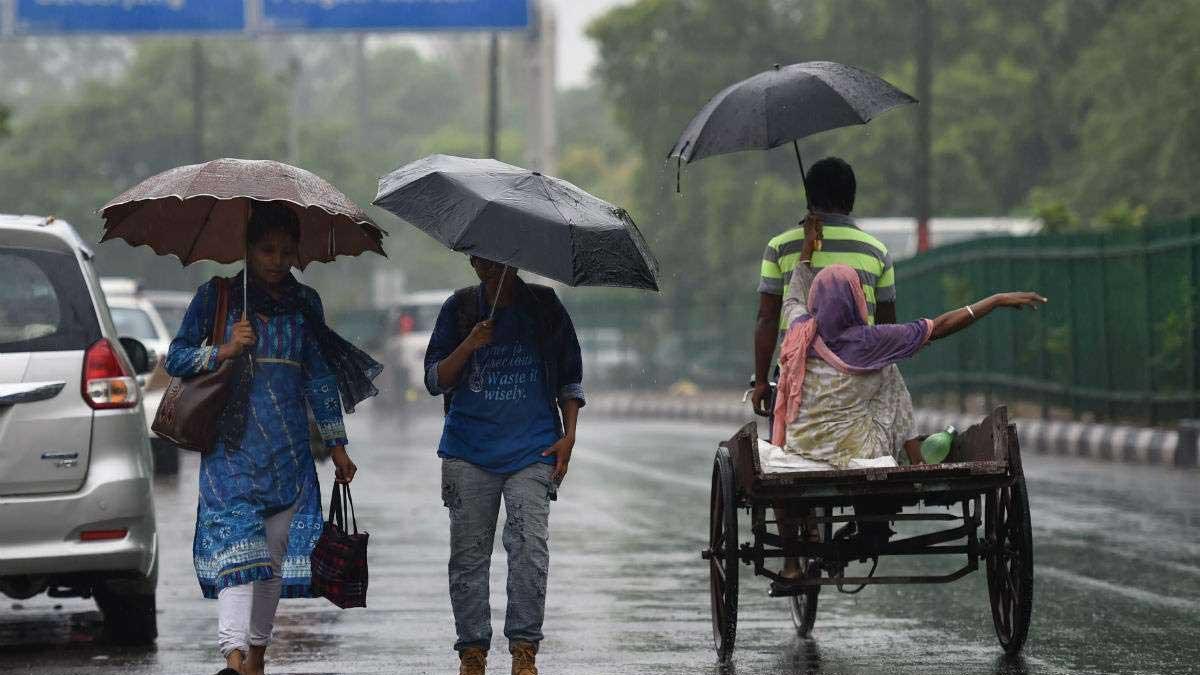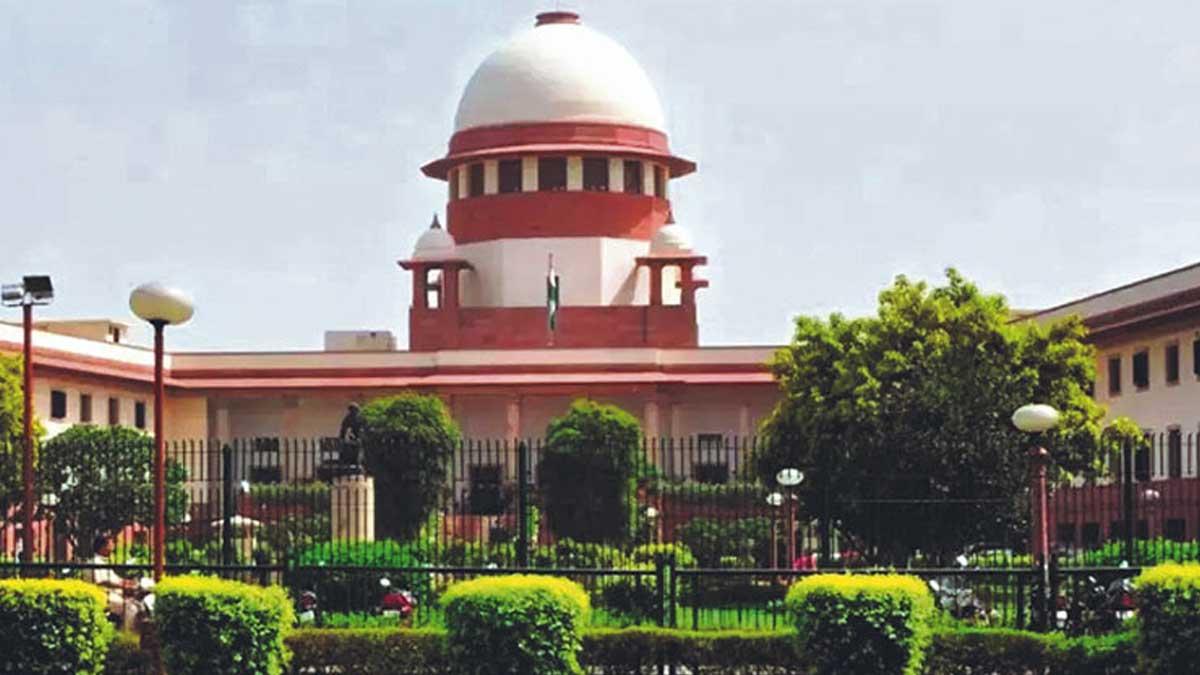Cyberabad police recently closed the case of Rohith Vemula, a research scholar at University of Hyderabad, who died of suicide on January 17, 2016. The findings in the closure report bring out several aspects around Vemula's unfortunate demise.
The police report stated that the death of Vemula was not due to the actions of any particular person or group of persons. The police found that they did not have enough evidence to pinpoint university authorities, BJP leaders, or members of the ABVP as driving forces for Vemula's suicide.
The police went through several factors that contributed to Vemula's decision to commit suicide. One of the significant findings was the clarification of Vemula's caste. The closure report stated that Vemula and his family were classified under BC-A (Vaddera) and not SC, as had been predicted earlier. Moreover, it had come out that Vemula had obtained SC certificates through fraudulent means.
This gave a new dimension to the case, suggesting that Vemula may have been fearing that his true caste would come out. Such exposure may have put his academic achievements at risk and even put him in the courts. Such fear combined with his other personal issues may have culminated in Vemula's decision to commit suicide.
The police investigation went through several pieces of evidence, such as Vemula's correspondence with university authorities, contents of his suicide note, discrepancies in scholarship disbursement records, and disciplinary actions taken by the university. The report also looked into the findings of the Roopanwala Commission, which investigated whether the punishment slapped on Vemula was one of the reasons behind his suicide.
Despite extensive investigation, the police could never prove a direct nexus between the activities of the accused and the suicide committed by Vemula. The closure report is good enough to ponder on the complex nature of the case and the manifold factors that might have led to this tragic episode.
The investigation generally points to the fact that the case should be understood in the perspective of a nuanced approach regarding the conditions of Vemula and the larger challenges faced by a wider population within academe. The closure report might be some form of resolution. Still, it remains only a reflection on the broader issues: caste discrimination, mental health, and academe.
Read also | Indian Ministry Urges Students in US to Adhere to Local Regulations


















